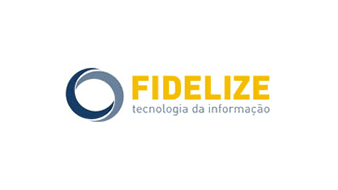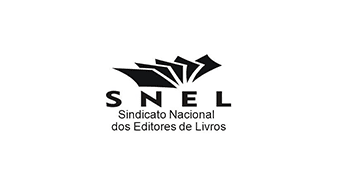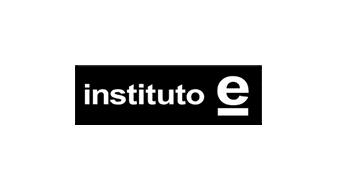
Social and Environmental Responsibility
ECOPPEAD is a project created by COPPEAD Masters students to implement sustainable practices in the daily lives of people who live at school, motivating rethinking attitudes to reduce waste and integrating environmental, economic and social issues.
The first stage of actions, initiated in 2011, focused on two main fronts: the conscious use of paper, following the conceptual basis of the 4Rs that permeates all ECOPPEAD activities, and the selective collection of solid waste. For the success of all these initiatives, ECOPPEAD has the support and work of all students, teachers, staff and school partners.
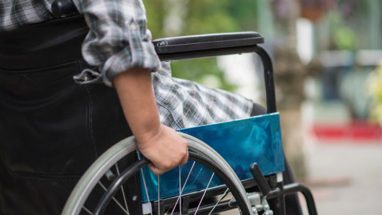
Accessibility
In 2004, COPPEAD received the silver seal of the Efficient Partner of the Disabled Company Award. The award was created by the Commission for the Defense of Persons with Disabilities (PPD) of the Legislative Assembly of the State of Rio de Janeiro (Alerj), as a way of recognizing companies in the state that adapted their facilities to the accessibility criteria for people with disabilities defined in the legislation of the Ministry of Labor and in the norms of the Brazilian Association of Technical Norms (ABNT).
Pré-Coppead
It is a social action program developed by COPPEAD alumni and partners, aiming to increase diversity in leadership positions in Brazilian organizations.
This program prepares candidates for the master’s degree in administration at COPPEAD, the prestigious business school at UFRJ. Our purpose is to break the cycle of misopportunities. That’s why we are aligned with the UN Sustainable Development Goals.
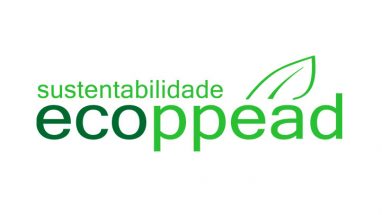
ECOPPEAD
Project created by COPPEAD Masters students to implement sustainable practices in the school environment. Motivating rethinking attitudes to reduce waste and integrating environmental, economic and social issues.
In the last few years, we have run a series of campaigns encouraging the reduction of the use of plastic cups throughout the school, encouraging the use of reusable cups and bottles. At the beginning of 2019, then, we took a new step when we started offering biodegradable corn starch cups in all school drinking fountains, replacing the traditional plastic cups. The biodegradable cup, or biocope, uses a renewable raw material that is non-toxic to the environment and that takes about 180 days to biodegrade, as opposed to the plastic cup that can take up to 200 years to decompose in the environment.
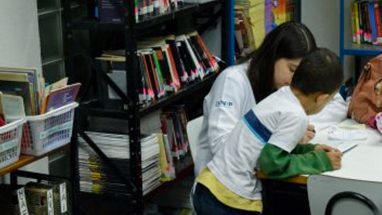
Sharing Project
The Sharing Project aims to offer greater development opportunities to students at the Tenente Antônio João Municipal School (EMTAJ), by strengthening their education and civic education. The efforts of management and teachers are great, doing what they can to offer a healthy teaching environment to the 600 students of the school, next to the COPPEAD Institute of Administration. However, there is still a lot of room for improvement. In 2002, COPPEAD’s master’s students met with the intention of contributing to the school and the children, who, despite being so close, live in such a different reality. They then began to participate in the day-to-day school, offering their knowledge of mathematics and all the diversity of skills acquired in the classroom during their training as teachers. It worked out. The following classes bought the idea and gave new impetus to the project, which grew in size and importance.

Sustainability report
Global Reporting Initiative (GRI) is the most widespread and currently adopted methodology for preparing Sustainability Reports worldwide. COPPEAD / UFRJ offers GRI-certified training whose objective is to provide knowledge of the GRI Standard (Standards) and the sustainability reporting process within the organization.
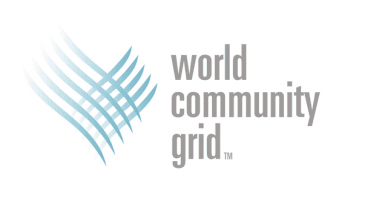
World Community Grid
In early December 2009, COPPEAD became a member of the World Community Grid (WCG), a non-profit community created in 2004 with the support of IBM, which uses the idle capacity of the computers of volunteer members to accelerate the development of scientific research related to the areas of health (cure of diseases), environment, natural phenomena and hunger. The success of the action depends on individuals or institutions that collectively give up the unused time on their computers. Through grid computing technology, the idle capacity of computers is used to accelerate the development of this research, allowing the reduction of time from years to months and the cost savings of a supercomputer. Government laboratories and scientific organizations have been using grid technology for several years, solving some of humanity’s most important and complex problems.
Projects and Studies
Academic-business collaboration is also present in carrying out specific projects and studies, resulting in contributions to the expansion of academic knowledge and support in managerial decisions. Our partners in these projects are:

